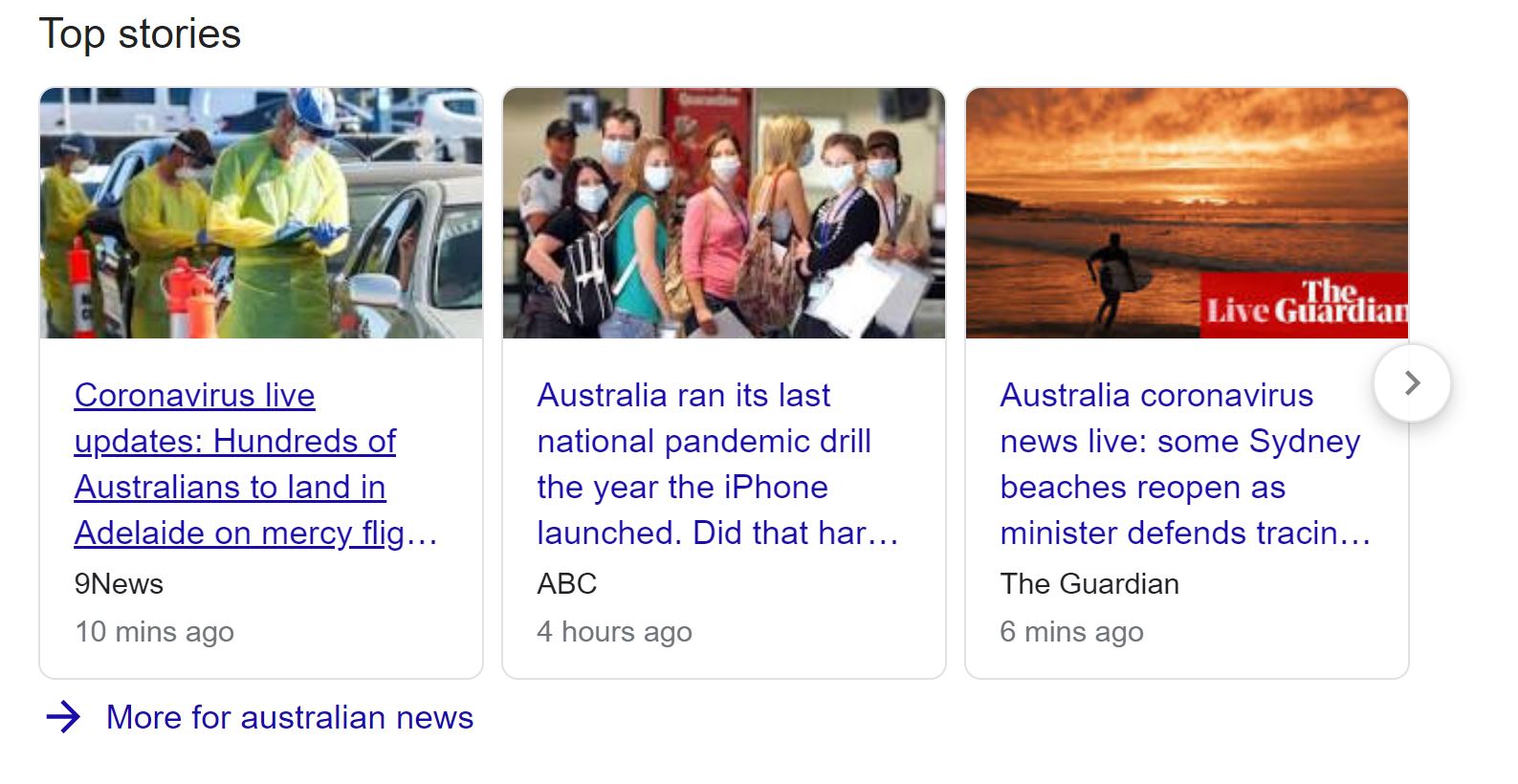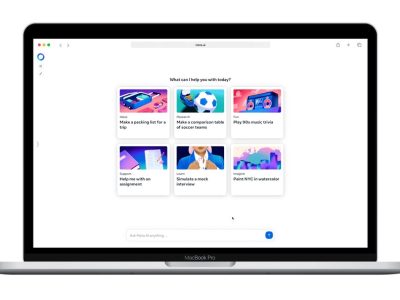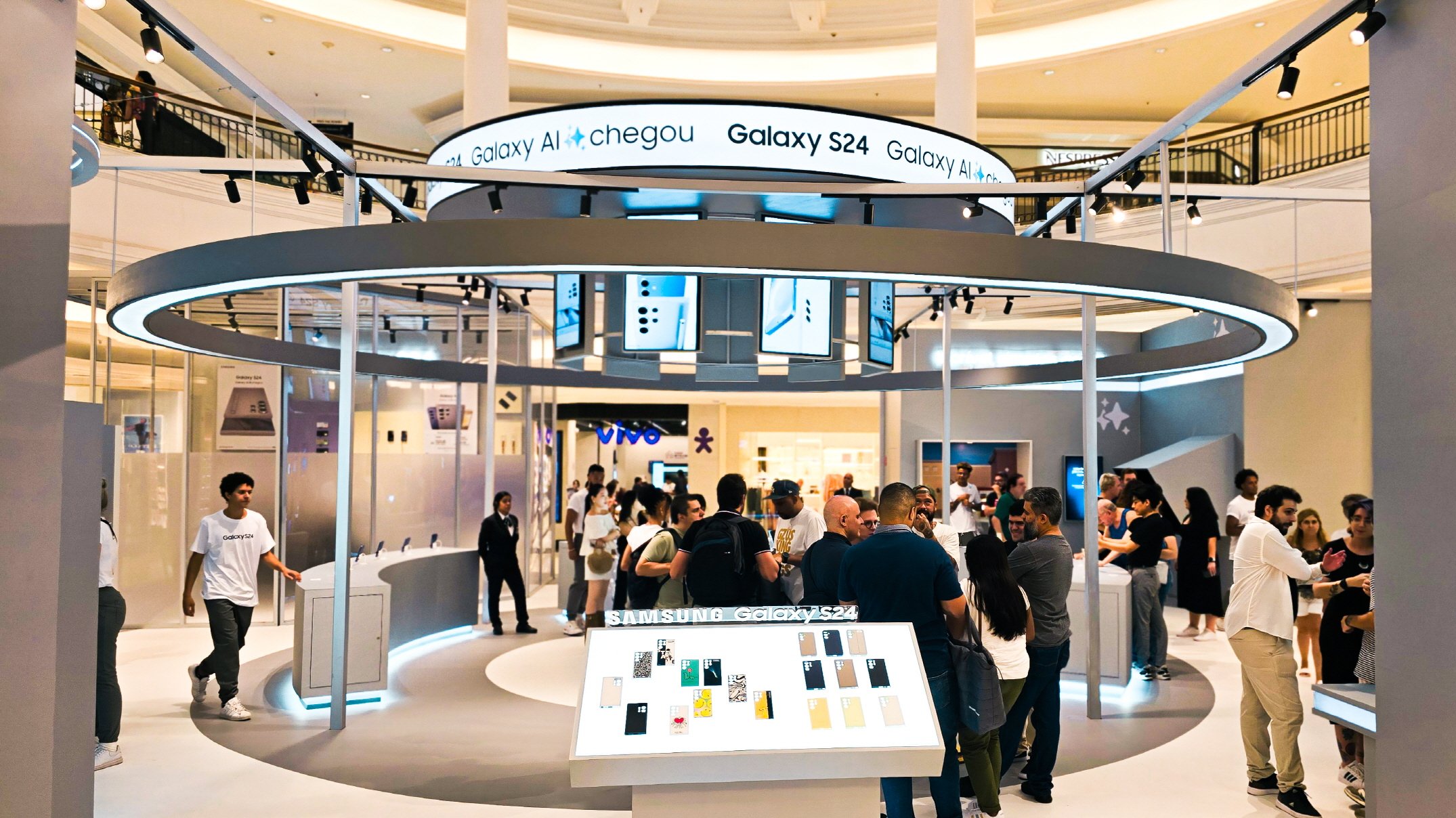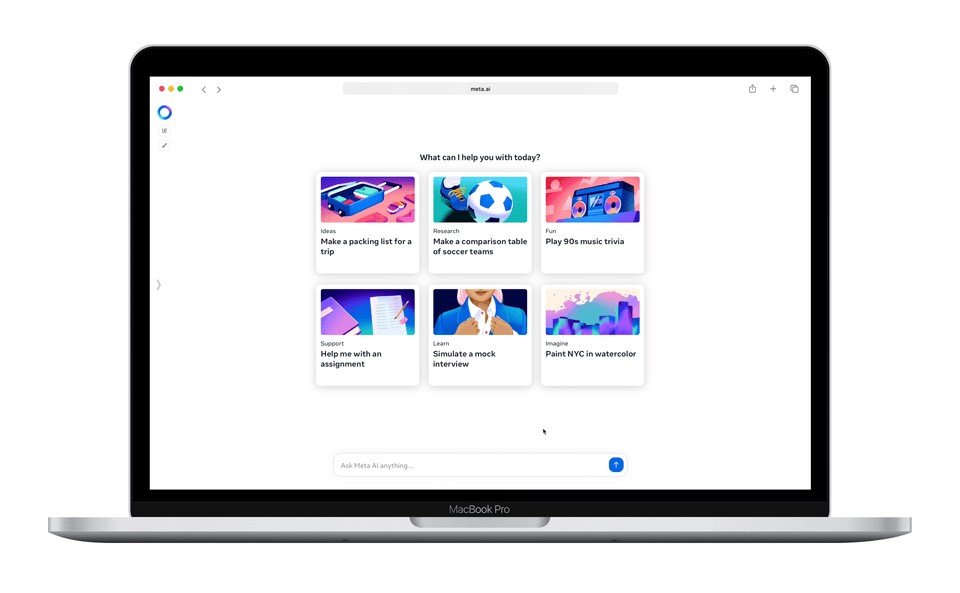Google & Facebook To Pay Local Media For Content Under Mandatory Code Of Conduct
After finding that Google and Facebook were dragging their feet in negotiations on a voluntary code, the government has ordered the commission to develop a mandatory code of conduct that will see tech giants pay local media companies for content.
According to the News and Media Research Centre of the University of Canberra, 62% of online news consumers access stories via indirect methods, such as social media and news aggregators. The Digital News Report 2019 found that 46% of consumers use social media for news, and 18% said social media as their main source of news.
This new code seeks to fairly pass on these benefits to the media firms that create original content and address the significant bargaining power imbalances that Australia’s media companies have faced when negotiating with global digital platforms. This comes as media companies struggle to survive during the COVID-19 pandemic, despite media consumption surging.
The government has pushed forward the timeline of the code. A draft mandatory code will now be developed before end-July, and released to the public soon after. The finalised mandatory code of conduct is due in November 2020.
In its progress update given last week, the ACCC said that it was unlikely that any voluntary agreement would be reached, particularly in terms of actual payment for content.
The voluntary code was seeking to have Australian news media businesses remunerated for use of their content; increase media companies’ control over how their content is display, including the prominence of branding; and have ranking algorithms give additional weight to original news content, among other measures.

Source: Nielsen (from ACCC Digital Platforms Inquiry
“Media companies are facing significant financial pressure and COVID-19 has led to a sharp downturn in advertising revenue across the whole sector,” Minister for Communications, Cyber Safety and the Arts Paul Fletcher said.
“Digital platforms need to do more to improve the transparency of their operations for news media providers as they have a significant impact on the capacity of news media organisations to build and maintain an audience and derive resources from the media content they produce,” Minister Fletcher said.

Source: ACCC Digital Platforms Inquiry
The ACCC’s initial Digital Platforms Inquiry, which concluded in July 2019, made 23 recommendations to address competition and consumer protection issues, with a particular focus on Google and Facebook.
The ACCC found that 8-14% of Google Search queries in Australia led to ‘Top Stories’ being displayed at the top of the search paid, representing a significant value to Google of displaying news content. Google has a 95% market share in Australia.
“It’s only fair that those that generate content get paid for it,” Treasurer Josh Frydenberg said. “This will help to create a level playing field.”
According to Nielsen data, Facebook has 17.6 million unique users in Australia, while Google has 19.7 million.

Example of how Google displays news stories on its search query page
Australia is not the only country moving in this direction. The Reuters Institute, which investigates 37 countries, found that media companies across the globe were looking into ways to diversify away from Facebook. This is accepted as a significant challenge though, with 43% of their surveyed media firms stating that Facebook was ‘very’ or ‘extremely’ important to its organisation.
At the release of the Digital Platforms inquiry, ACCC Chair Rod Sims said: “The world has now recognised the impact of the digital platforms’ market power and the impact this has on consumers, news, business and society more broadly. Continuing national and world action will now follow.”
It is hoped that the changes will revive the media and journalism industry. From 2014 to 2018 the number of journalists in Australia’s traditional print media businesses fell by 20%, at a time when Australia’s population and economy were going strongly. Since then, AAP has closed its doors and many media companies have stood down employees due to COVID-19.











































